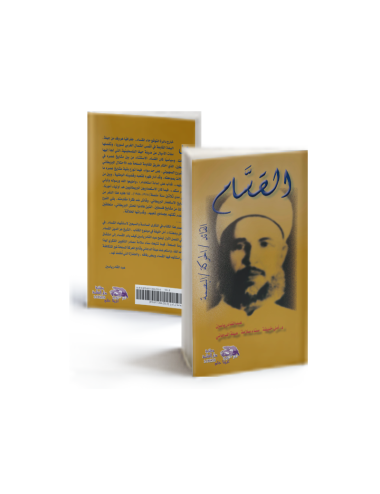Concept of Tampering in Philosophy and Art
This book is a cry of protest against those who rejoice at the death of ideas and doctrines and declare in a foolish trance that existentialism is dead
0 kg - 0.55 kg
This book is a cry of protest against those who rejoice at the death of ideas and doctrines and declare in a foolish trance that existentialism is dead
Antigone begins with The two sons of Oedipus, Eteocles and Polyneices, who are fighting for the kingship of Thebes. Both men die in the battle. Their successor, Creon, decides that King Eteocles will be buried, but Polyneices, because he was leading a foreign army, will be left on the field of battle. Antigone, his sister, buries him anyway.
Antigone is caught burying Polyneices and is condemned to death. Her fiance and Creon's son, Haemon, learns about this and tries to convince Creon to change his mind. It's only then that the seer Tiresias appears. After a long discussion, he finally persuades Creon that the gods want Polyneices buried. By then it's too late Antigone has hung herself, Haemon kills himself when he finds her, and Creon's wife kills herself when she learns about her son.
The subject of fiction has received clear interest from many philosophers, both idealists and empiricists. We will depart from the subject of our studies if we try to follow the opinions of modern philosophers in this regard
This book is inspired by the Palestinian freedom fighter and writer Abdel Qader Yassin, the current historical moment in Palestine
This comprehensive exploration of the interpretive process,
has served as a successful textbook. It focuses on the three "worlds" of biblical interpretation--the world of the author, the world of the text, and the world of the reader--to help students develop an integrated hermeneutical strategy. The book offers clear explanations of interpretive approaches, which are supported by helpful biblical examples, and succinct synopses of various interpretive methods. Pedagogical aids include end-of-chapter review and study sections with key terms, study questions, and suggestions for further reading.
We will only lose our mistakes in monitoring our practices, the failures before our correct positions, throughout the entire century of the Palestinian national movement.











